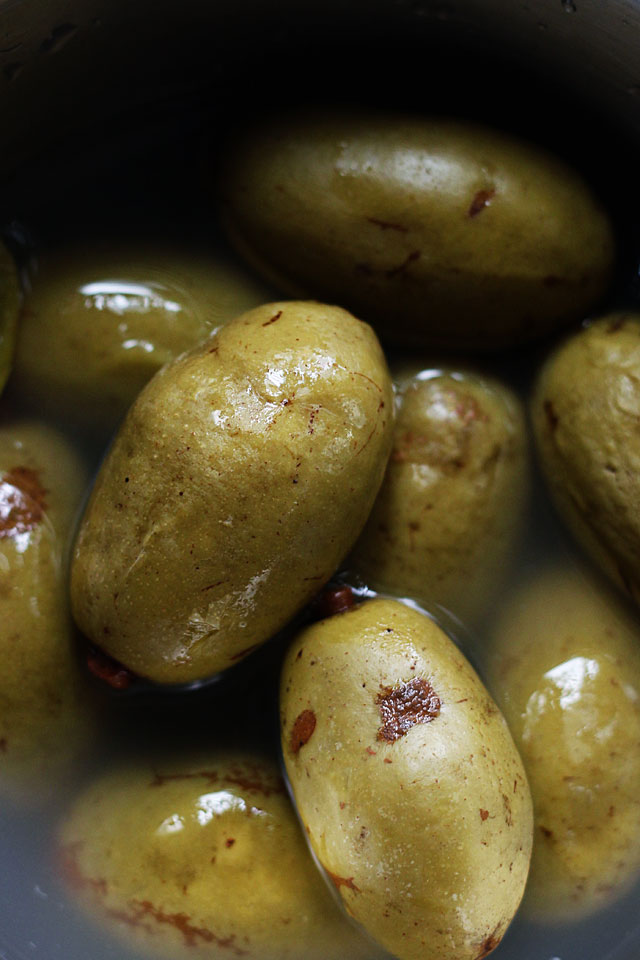
[Indian Recipes] Amtekai Hog Plum Gojju All Asian Recipes For You
Also called Amtekai or Indian Hog plums. The Hog plums are rich in antioxidants, which provide a range of health benefits. Health Benefits of Hog Plum Enhances Bone Health: It is a fat-free, sodium-free, cholesterol-free fruit and a good source of vitamin K that helps in proper bone health.

Buah Kedongdong Fresh Hog Plum Ambarella Spondias Dulcis 500g Toko Indonesia
Hog plum is a small, elegant, deciduous tree with a dense and spreading crown and grows up to 20 m (66 ft.) tall and at least 1.5 m (4.9 ft.) in trunk diameter. Its bark is greyish-brown, thick, rough, often deeply grooved, with blunt, spine like projections. When slashed, it is pale pink, darkening rapidly.

Omora Indian Hog Plum Pickle (749),Omora,Pickle,Indian Hog Plums
Spondias pinnata is commonly known as Wild mango or Indian hog plum. It is a fruit of an indigenous medicinal plant. This article briefly reviews the classification, common names, cultivation and morphology, botany, general information, constituents, and medicinal uses.

Hog Plum YouTube
Botanically called as the Spondias, the hog plums are also called as Indian mombin, Spanish plums, wild mango or golden apples but they are neither plums not mangoes nor apples. They actually belong to the cashew family. The Indian variety ( spondias pinnata) is just one of the 17 species that are native to the Neotropics and tropical Asia.
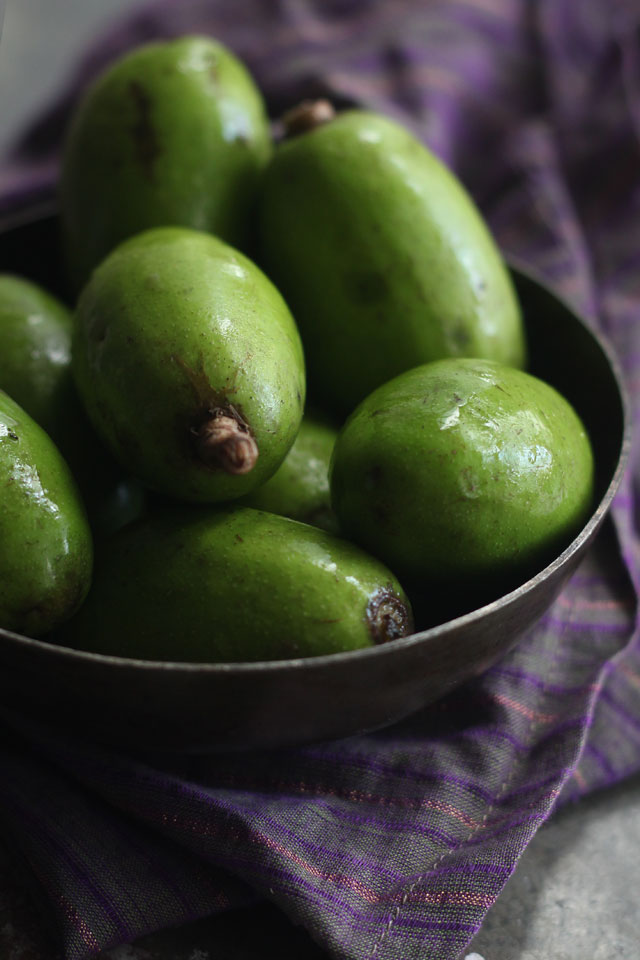
[Indian Recipes] Amtekai Hog Plum Gojju All Asian Recipes For You
Indian Hog Plum are found to grow as wild or cultivated up to 1500 m altitude, throughout the tropical Indian subcontinent, Andaman Islands, Sri Lanka, Myanmar, Thailand, Malaysia, China and.

Amra, Indian Hog PLum (Spondias mombin) Plant Wild Roots
AnchorUniversity Abstract Hog plums, scientifically known as Spondias mombin are medicinal plants that are rich in nutrients and antioxidants, and are of great importance in the food/agricultural.
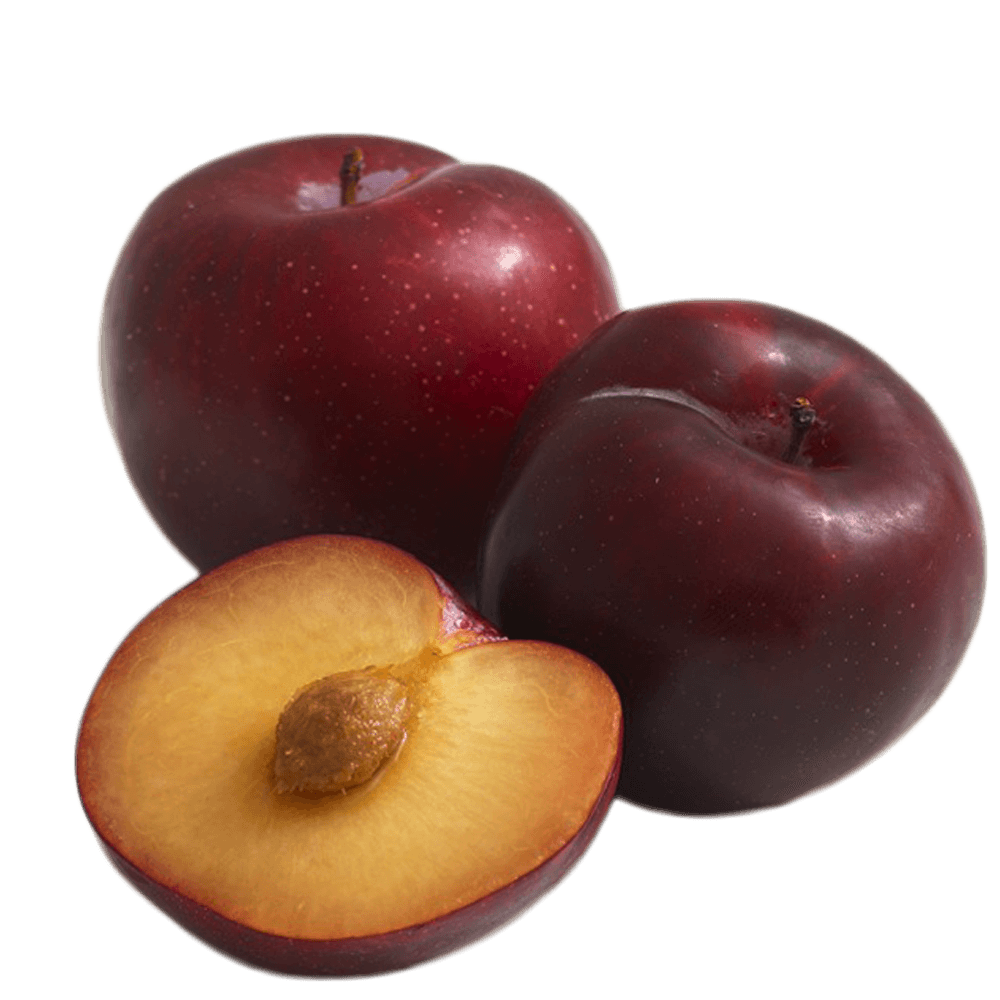
Download Plum Picture HQ PNG Image FreePNGImg
India Hog plum (Spondias pinnata (L.f.) kurz) Discover the world's research Content uploaded by Heiplanmi Rymbai Author content Content may be subject to copyright. First report of hog-plum.
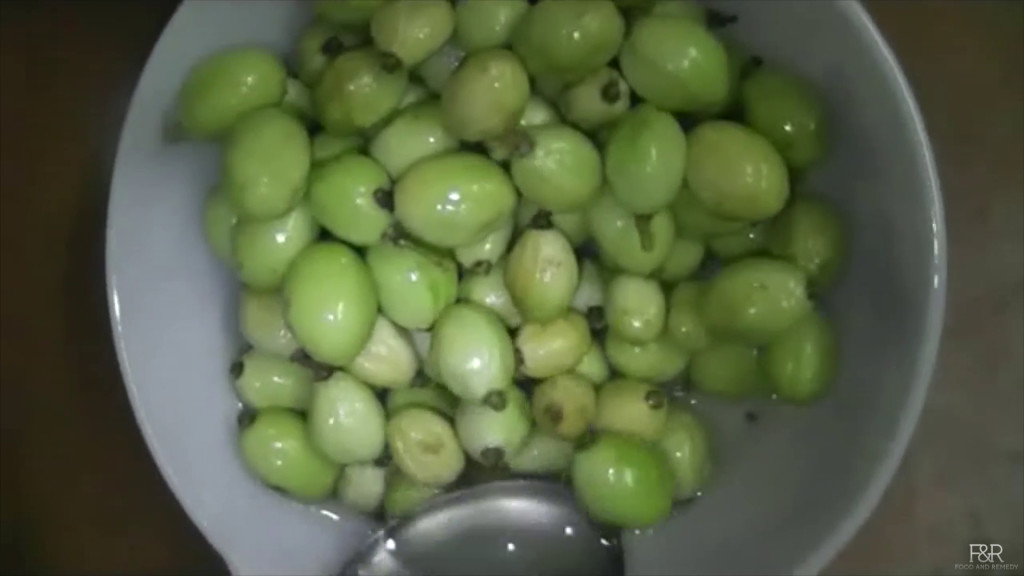
Amatekai or Indian Hog Plum Pickle Recipe, How make Pickle Recipe Food and Remedy
Ambarella, also known as Indian Hog Plum, is a tropical fruit that delights the taste buds with its unique flavor and refreshing qualities. This fruit, native to South Asia, has a rich history and is cherished for its culinary versatility.

Amtekayi Uppinakayi Indian Hog Plum Pickle Just Homemade
Habit. Deciduous tree, up to 27 m tall. Trunk & Bark. Smooth. Branches and Branchlets. Branchlets terete, glabrous. Leaves. Leaves compound, imparipinnate, alternate, clustered at twig ends, 18-50 cm long; petioles 5-15 cm long; leaflets 4-5 pairs with terminal one; petiolule up to 1 cm long; leaflet lamina 6-14 x 5-7 cm, elliptic to oblong, apex caudate to acuminate, base obliquely rounded.
Taste of Nepal Lapsi Nepalese Hog Plum
Spondias pinnata (L.f.) Kurz., belongs to the Anacardiaceae family, generally referred to as Indian Hog plum, a deciduous, glabrous tree with a healthy fruit to eat. Hog plum is a mild deciduous tree plant of high nutritional value, stubby calories and abundant in vegetable proteins, zinc, chitin, starch, vitamins and minerals.
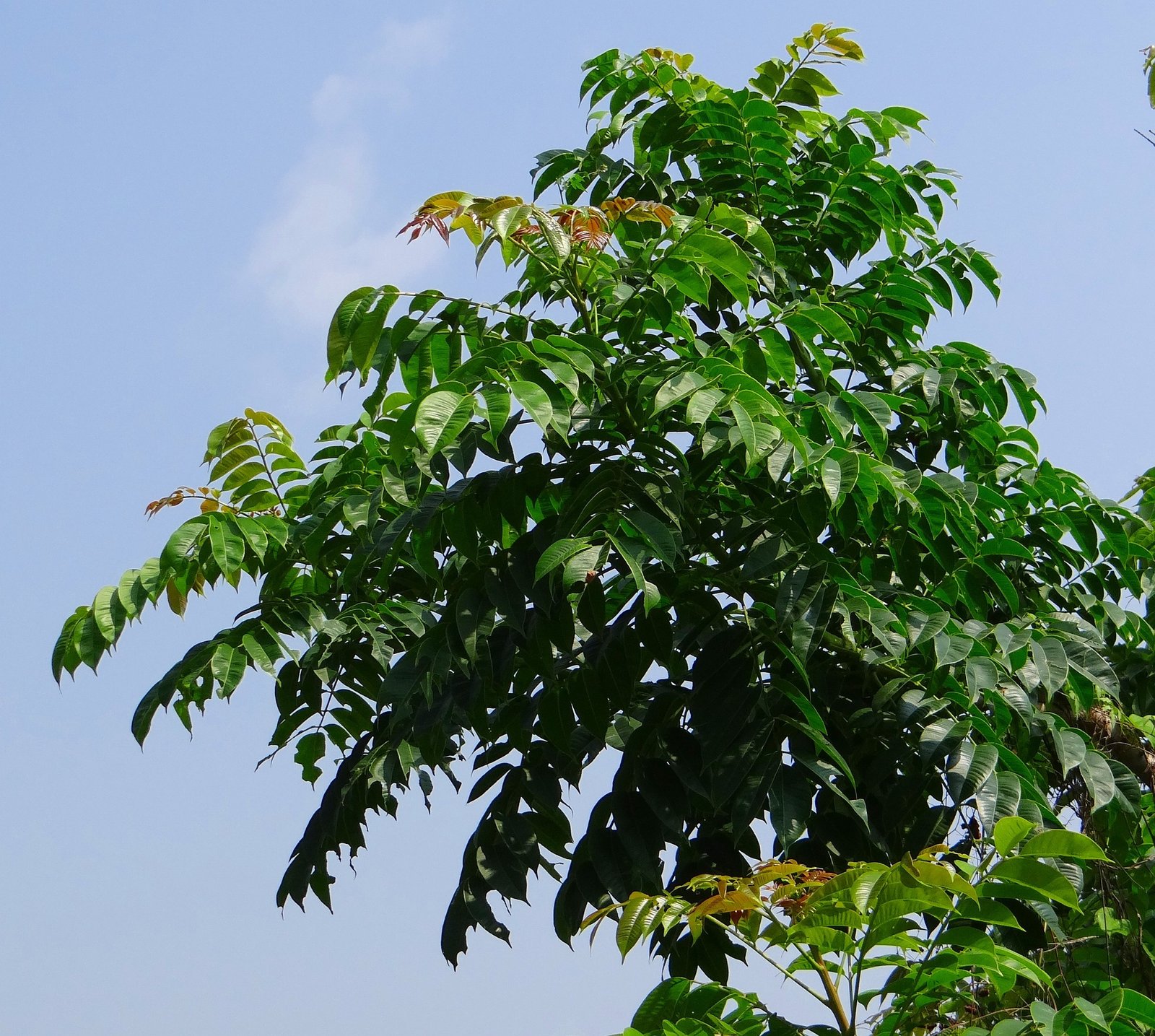
Hog Plum Bark (Spondias Mombin) Island Herbs & Spices
English names : The Indian Hog Plum. A medium-sized tree usually up to 20 m high. Leaves imparipinnate, usually crowded at the ends of the branchlets, alternate; leaflets 3-6 pairs, oblong or elliptic-oblong. Flowers white, long panicles. Fruit a drupe, ovoid or ellipsoid, 1-3 seeded. Flowering: February-March. Fruiting : October-December.
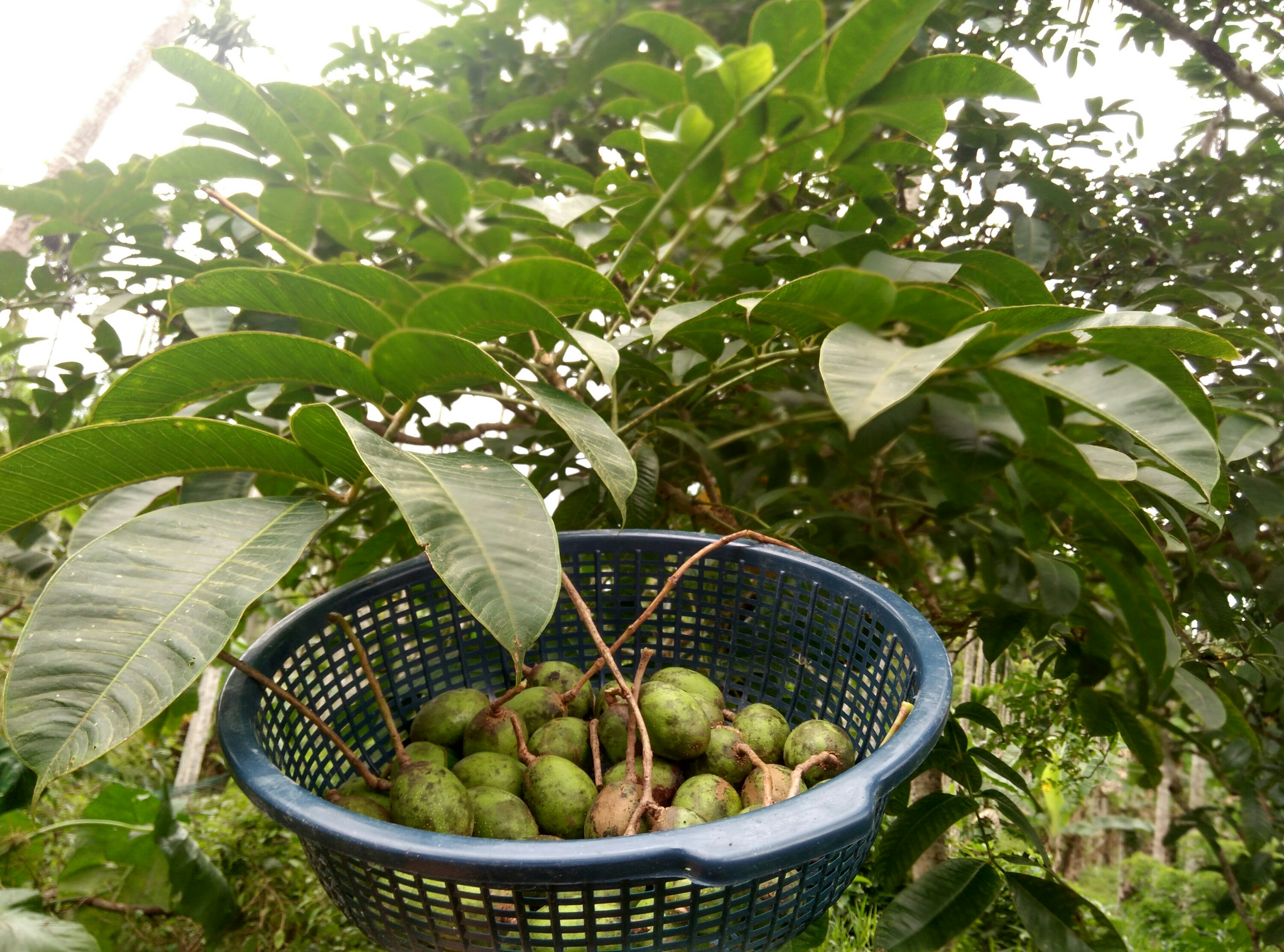
Indian Hog Plum Sahaja
In India, it is known as , അമ്പഴം (ambazham) in omora. In this fruit is called As a member of the sumac family (Anacardiaceae), exposure to the sap of this species may result in an identical allergic reaction to that of the plant. Those with a known sensitivity to should exercise caution in consuming or handling this species.

Amtekai, Ambate or Indian Hog Plums Food photography styling, Food, Hog
Ingredients 4 to 5 Hog Plum (Amtekai) 1/4 cup Jaggery 1/2 teaspoon Turmeric powder (Haldi) Salt , to taste For Gojju Masala 1 cup Fresh coconut , grated 2 teaspoons White Urad Dal (Split) 1 teaspoon Chana dal (Bengal Gram Dal) 1/4 teaspoon Methi Seeds (Fenugreek Seeds) 1/2 teaspoon Cumin seeds (Jeera) 2 teaspoons Sesame seeds (Til seeds)
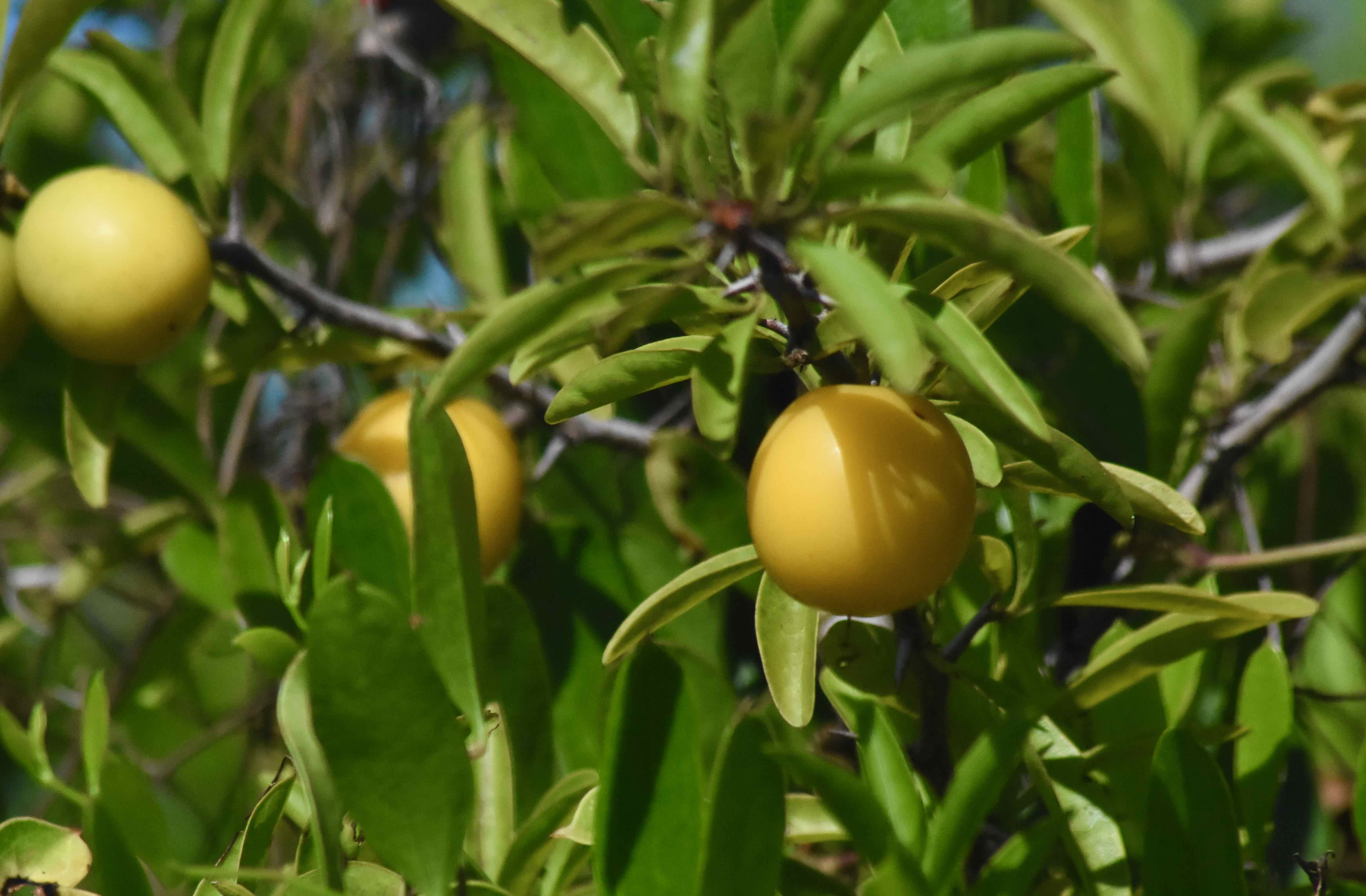
Hog Plum
PHARMACOLOGICAL REVIEW ON SPONDIAS PINNATA: THE INDIAN HOG PLUM V. Poojary, K. Hegde, A. Shabaraya Published 2018 Medicine, Environmental Science TLDR This is an attempt to compile and document information on different aspects of Spondias pinnata and highlight the need for research and development. Expand No Paper Link Available Save to Library

Omora Indian Hog Plum Pickle (749) Getkraft
hog plum, ( Spondias mombin ), ornamental tree of the cashew family ( Anacardiaceae ), native to the tropical Americas. The hog plum and several other species of the genus Spondias are cultivated for their edible plumlike fruits. The young leaves can also be eaten, and various parts of the plant are used in traditional medicine.

Indian Hog Plum a photo on Flickriver
Spondias pinnata (L.f.) Kurz., belongs to the Anacardiaceae family, generally referred to as Indian Hog plum, a deciduous, glabrous tree with a healthy fruit to eat. Hog plum is a mild deciduous tree plant of high nutritional value, stubby calories and abundant in vegetable proteins, zinc, chitin, starch, vitamins and minerals.